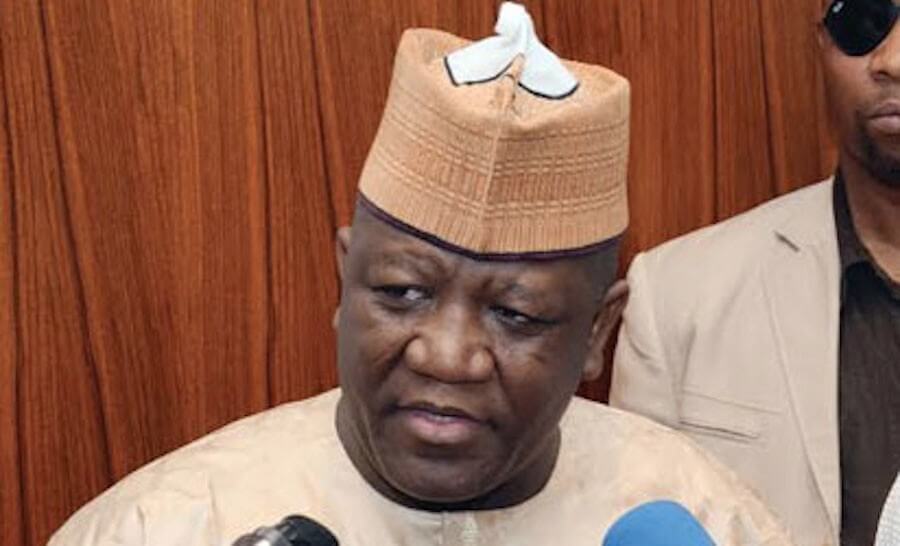
The decision to keep all rates steady by the Central Bank of Nigeria (CBN) has stirred mixed feelings, although largely supportive of the apex bank’s position.
The Monetary Policy Committee (MPC), after the decision to retain current rates, said it considered calls for cut, but concluded that the biggest challenges facing the economy are “unsystematic and incomplete structural reforms,” which raised “cost, risk and uncertainty.”
The committee also noted that the economy has continued to face elevated risks on both price and output, and given its primary mandate, it retained the current policy.
An economist at Exotix Partners, a leading investment firm for frontier and illiquid markets based in the United Kingdom, Alan Cameron, yesterday commended the CBN’s decision, describing it as one of the regulator’s “most sensible statements in months (and) one clear about the mandate and policy limitations.”
He believes that the naira is no longer over-valued, but rather at fair value on a real effective exchange rate basis – or perhaps significantly below (N325-N350 locally). According to him, there will be another three to six months of high nominal yields before some cuts in 2017 if external dynamics continue to improve. He added that the MPC’s statement “should be confidence-building, albeit from a rather low level.”
Also, a senior macroeconomic specialist at Ecobank International, London, Gaime Nonyame, supported the rates’ retention by the banking watchdog.
According to her, the CBN cannot reduce interest because of inflation and also cannot afford to increase interest rate because the country is already in recession. This, she insisted, would not be desirable and encouraging to investors, who are expected to bring in much needed foreign currency, which Nigeria needs to get out of recession.
An analyst at Foreign Currency Trading & Investment arm of Diamond Bank Plc., lauded the CBN’s action. He says it is a positive development that triggered inflow of funds into the foreign exchange market yesterday.
One of the economists who spoke with Reuters also praised the CBN for shrugging off political pressure.
“CBN’s refusal to bow to government pressure is a notable sign of the institution’s independence,” John Ashbourne of Capital Economics said.
A senior analyst at Delta Investments, Mr. Ken Halim, said: “The CBN’s decision was generally in line with analysts’ expectations. I would have been surprised if the apex bank had cut interest rates given that the most serious challenge facing the country at the moment is the forex issue. Dollars are still very scarce and companies are shutting down because they can’t access forex. Cutting interest rates would have discouraged foreign investors from investing in treasury bills and bonds.”
All 10 members of the MPC had last Tuesday defied the Finance Minister, Mrs. Kemi Adeosun’s call to lower borrowing costs to aid growth and lower cost of government borrowing.
But a research analyst at FXTM, Lukman Otunuga, says there is no clash of ideas, because the minister has her own opinion like every other financial expert and was approaching the matter from a growth perspective, while the CBN was seeing the issue from price stability point.
He said: “The job of the CBN is to maintain financial stability. It was in July that the rate was moved to 14 per cent and it will sound inconsistent to reverse the rate, especially when inflation level still rose further to 17.6 per cent.
“Any adjustment in the rate would be inconsistency and that has a backlash from investors because that would add to the suspicion of unpredictable nature of the economy. That is one of the things that investors don’t like.
“CBN is on point and the decision showed the regulator knows where it is going and an affirmation of its independence.
The truth is that if the macroeconomic development worsens in the next few months, the apex bank would have no option but to tighten the system, otherwise foreign investment, which the country seriously needs would not be attracted.”
For the Managing Director of Cowry Asset Management Limited, Johnson Chukwu, the decision will continue to empower the fixed income segment ahead of the equity market, which is where the government raises funds. “It is currently high and investors will enjoy it,” he said.






